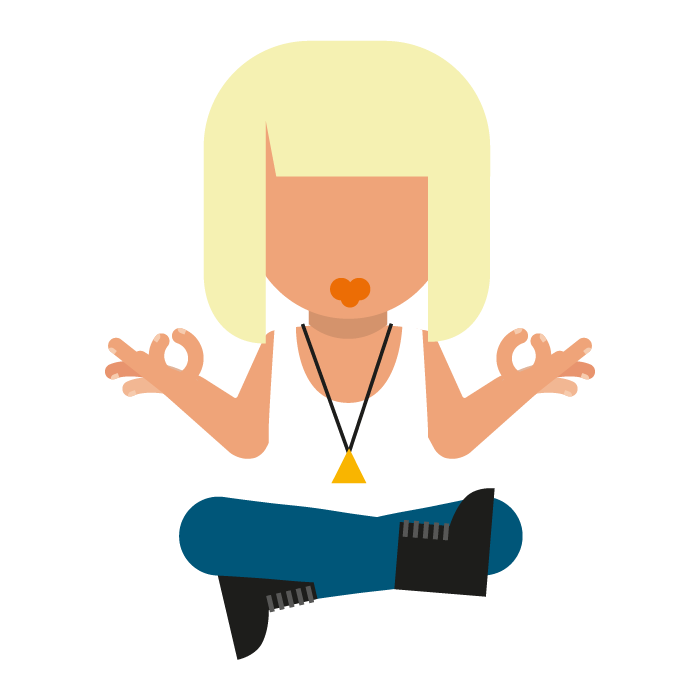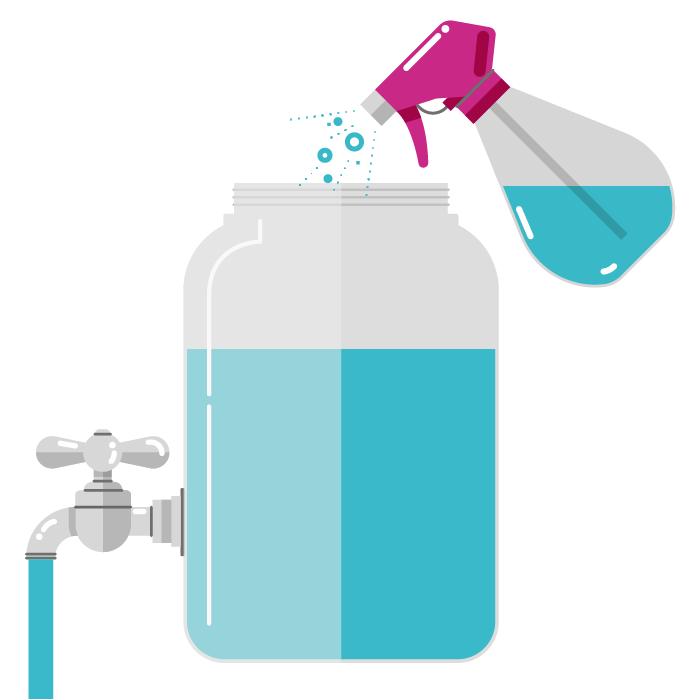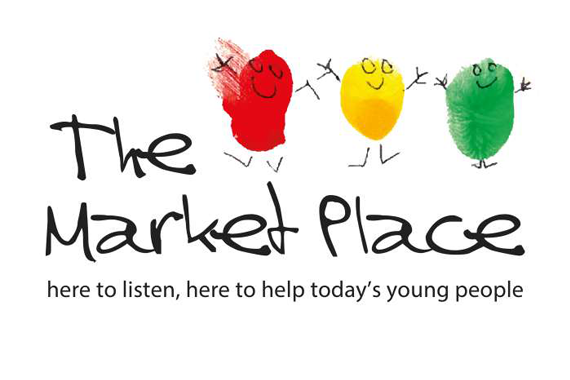| __Secure-1PSIDCC | google.com | Builds a profile of the website visitor’s interests in order to show relevant and personalised Google advertising. | 1 year |
| __Secure-3PSIDTS | google.com | Collects information about your interactions with Google services and ads. It’s used to measure advertising effectiveness and deliver personalised content based on your interests. The cookie contains a unique identifier. | 1 year |
| __Secure-3PAPISID | google.com | Profiles the interests of website visitors to serve relevant and personalised ads through retargeting. | 1 year |
| __Secure-1PAPISID | google.com | Builds a profile of the website visitor’s interests in order to show relevant and personalised Google advertising. | 1 year |
| __Secure-1PSID | google.com | Builds a profile of the website visitor’s interests in order to show relevant and personalised Google advertising. | 1 year |
| __Secure-1PSIDTS | google.com | Builds a profile of the website visitor’s interests in order to show relevant and personalised Google advertising. | 1 year |
| __Secure-3PSIDCC | google.com | Build a profile of website visitor interests to show relevant and personalised ads through Google retargeting. | 1 year |
| __Secure-3PSID | google.com | Builds a profile of the website visitor’s interests in order to show relevant and personalised Google advertising. | 2 years |
| __Secure-ENID | google.com | This cookie is set by Google and is used to store user preferences and information, such as language preferences and customised search results. | 1 year |
| SAPISID | google.com | Displaying personalised advertisements on Google sites, based on recent searches and previous interactions. HSID, SSID, APISID and SAPISID cookies enable Google to collect user information for videos hosted by YouTube. | 1 year |
| SSID | google.com | Displaying personalised advertisements on Google sites, based on recent searches and previous interactions. HSID, SSID, APISID and SAPISID cookies enable Google to collect user information for videos hosted by YouTube. | 1 year |
| SID | google.com | Contains digitally signed and encrypted records of a user’s Google Account ID and most recent sign-in time. | 1 year |
| APISID | google.com | Displaying personalised advertisements on Google sites, based on recent searches and previous interactions. HSID, SSID, APISID and SAPISID cookies enable Google to collect user information for videos hosted by YouTube. | 1 year |
| HSID | google.com | Displaying personalised advertisements on Google sites, based on recent searches and previous interactions. HSID, SSID, APISID and SAPISID cookies enable Google to collect user information for videos hosted by YouTube. | 1 year |
| SIDCC | google.com | Providing the identification of trusted web traffic to Google. | 1 year |
| AEC | google.com | Ensuring that requests within a browsing session are made by the user, and not by other sites for Google. | 6 months |
| NID | google.com | Showing Google ads in Google services for signed-out users. | 6 months |
| SOCS | google.com | Storing a user’s state regarding their cookies choices. | 13 months |
| _ga | google.com | Calculating visitor, session, campaign data and keep track of site usage for the site’s Google Analytics report. The cookies store information anonymously and assign a randomly generated number to identify unique visitors. | 1 year |
| _ga_W16V9MMR6F | google.com | Distinguishing unique users in Google Universal Analytics by assigning a randomly generated number as a client identifier. It is included in each page request in a site and used to calculate visitor, session and campaign data for the site’s analytics reports. | 1 year |
| DV | google.com | Collecting information about how visitors use our site for Google. | 1 hours |
| SEARCH_SAMESITE | google.com | Transmission of data to Google. | 6 months |
















